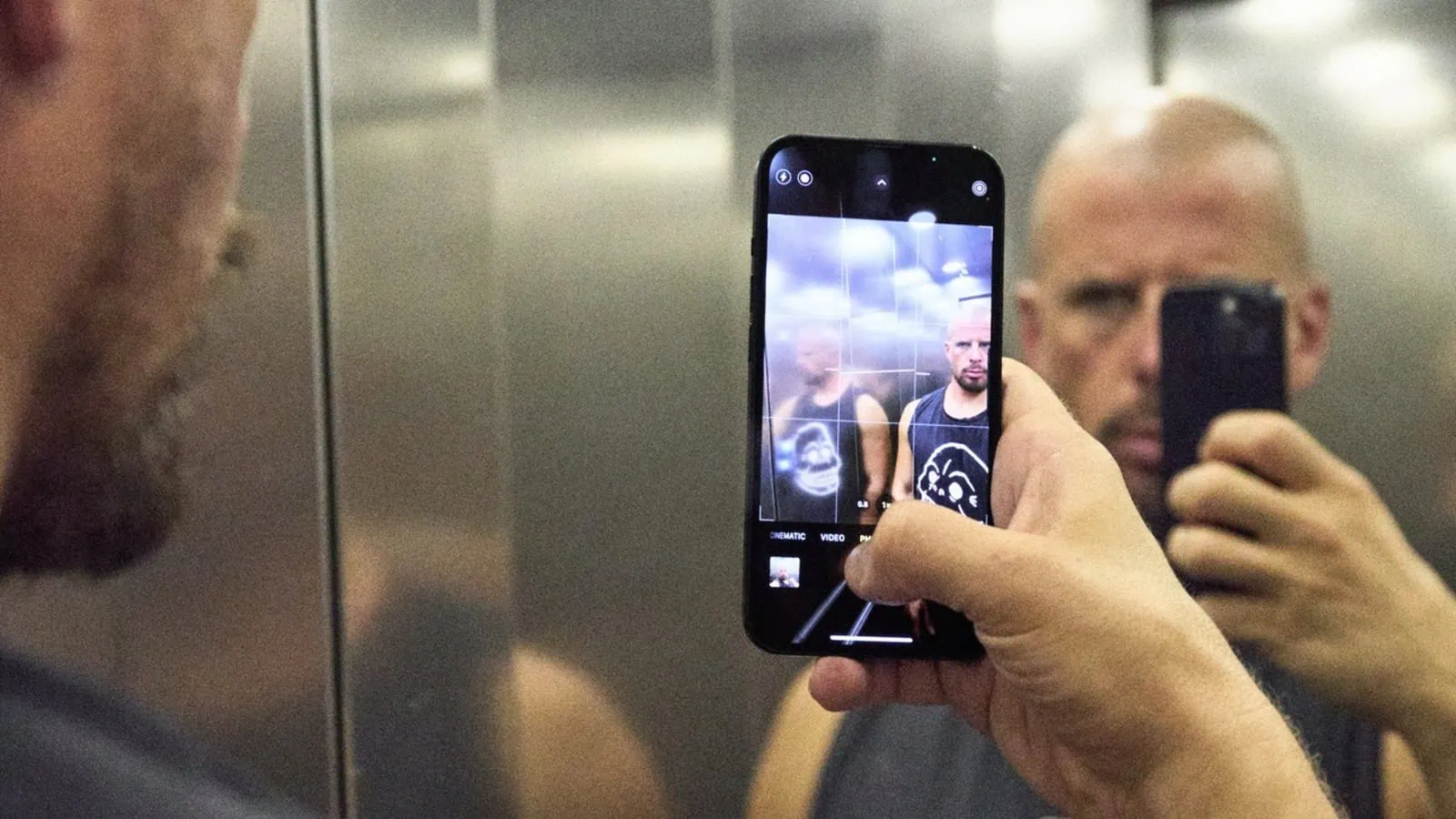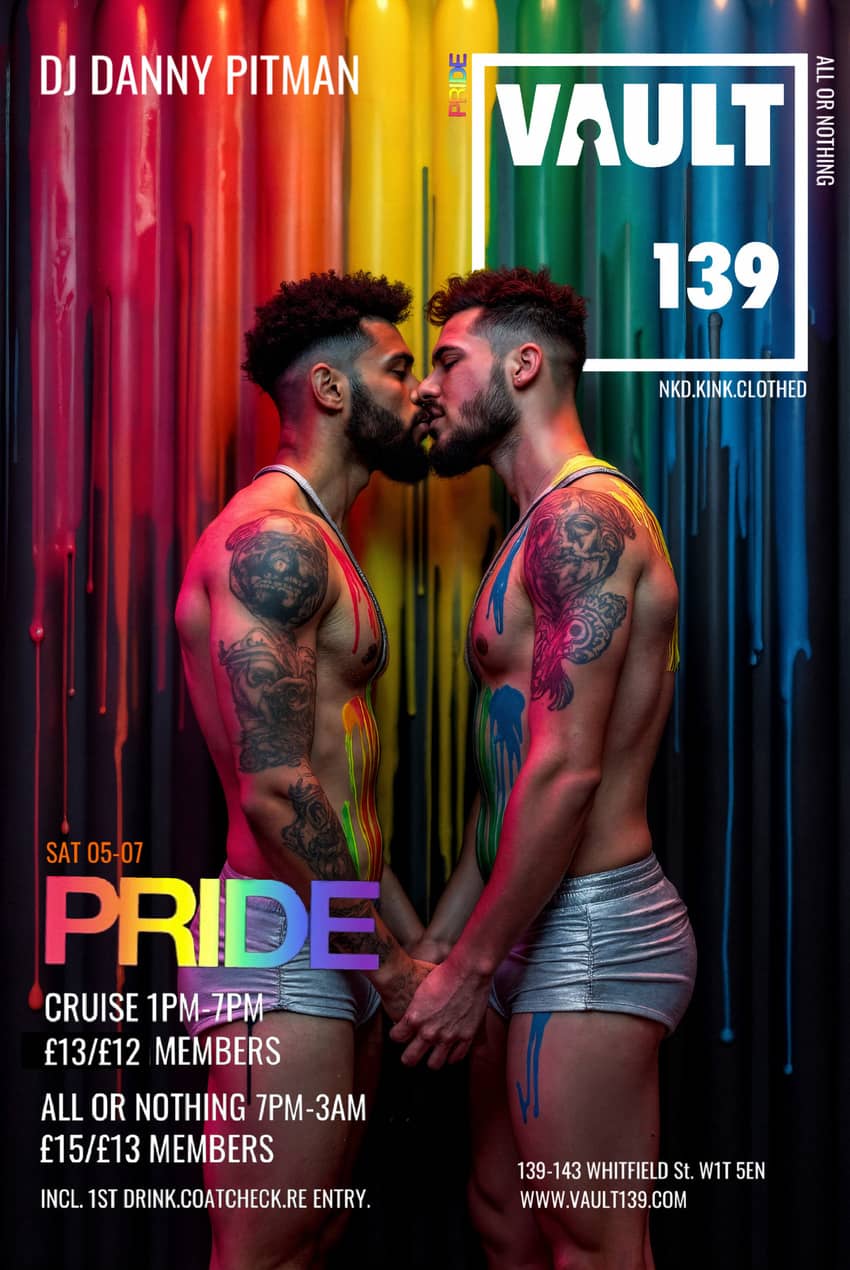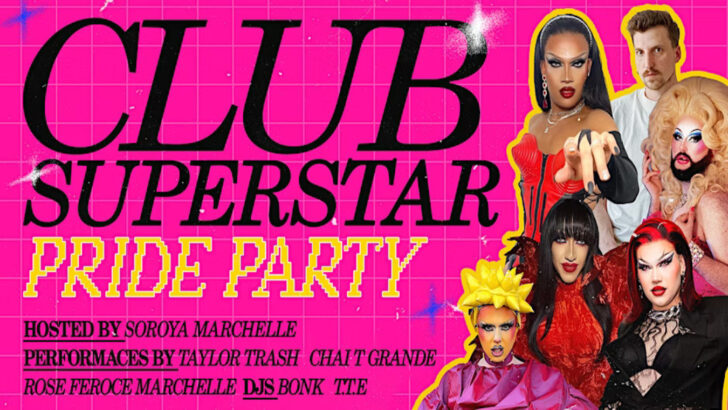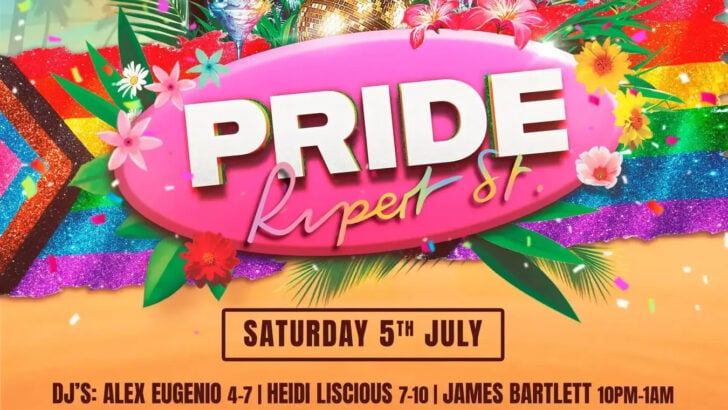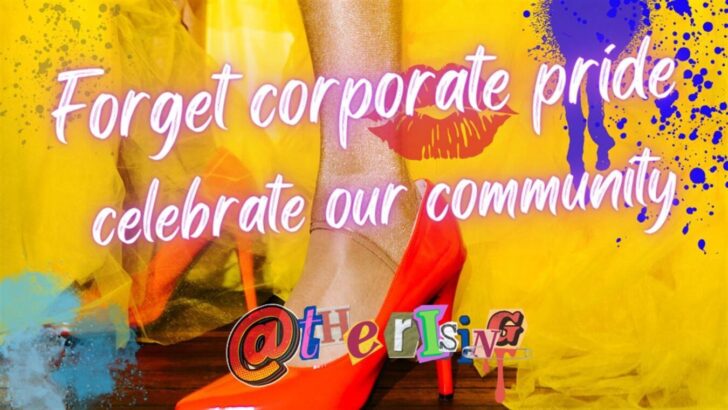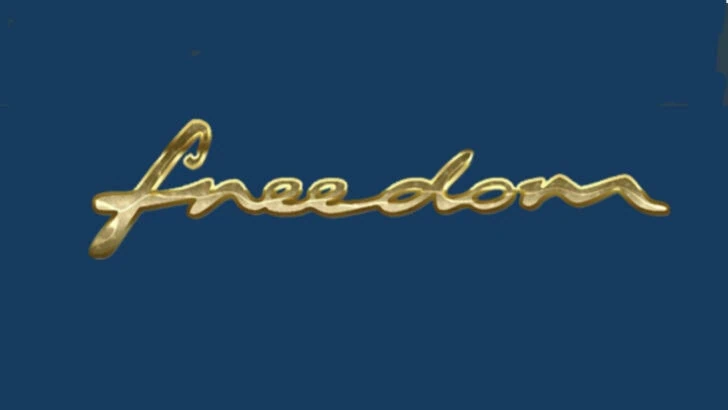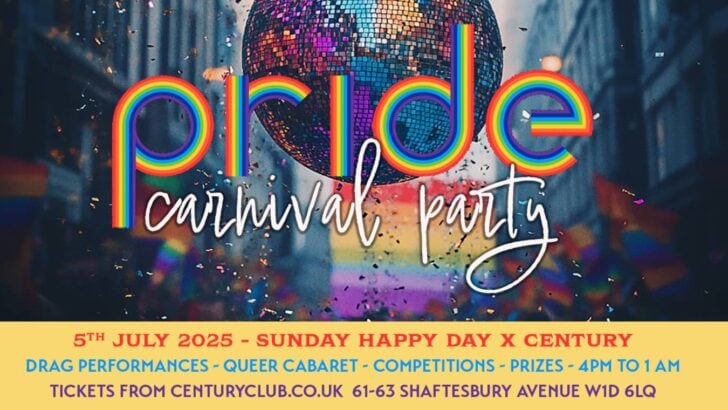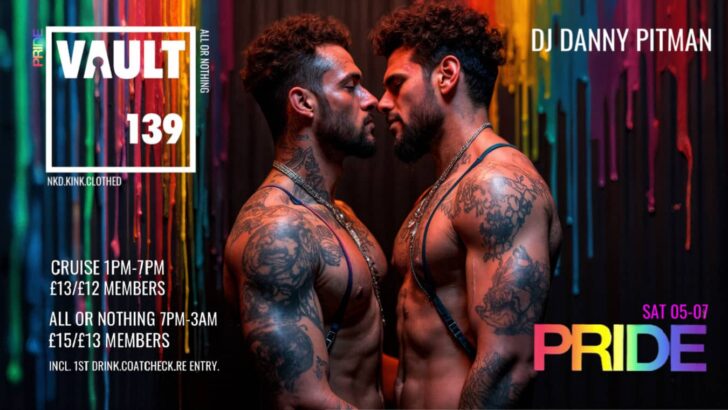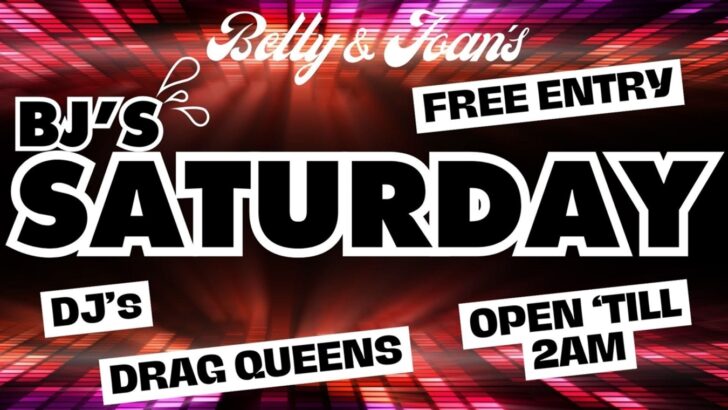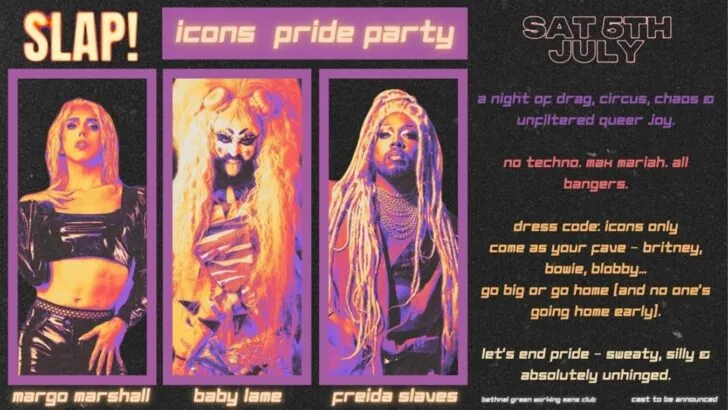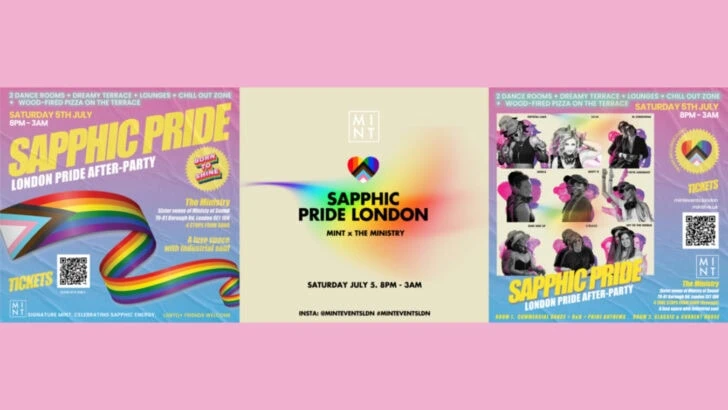Exploring the dangerous blur between reality and fantasy in the age of digital exposure Smoke is a queer comedy thriller that dives into why and how club life and addiction are so locked into the LGBTQ+ scene. Here Alexis discusses the consequences of self-documentation and 24/7 access.
by Alexis Gregory
We’re in a new era. Conspiracy theories are openly being discussed on the evening news. Not as viable, to be taken seriously, additions to the discourse, but in terms of their undue weight, and the negative influence they may have on people. That is something to take seriously.
There is current conversation around how such conspiracy theories may affect the upcoming US elections. UK mainstream news channels, including the BBC and ITV, host add-on reports, fact-checking and debunking falsehoods, reported on only a moment earlier in the previous news report. This could be anything from picking apart statistics used in a political debate, to NASA having to confirm that Hurricane Milton was not engineered by the Democrats.
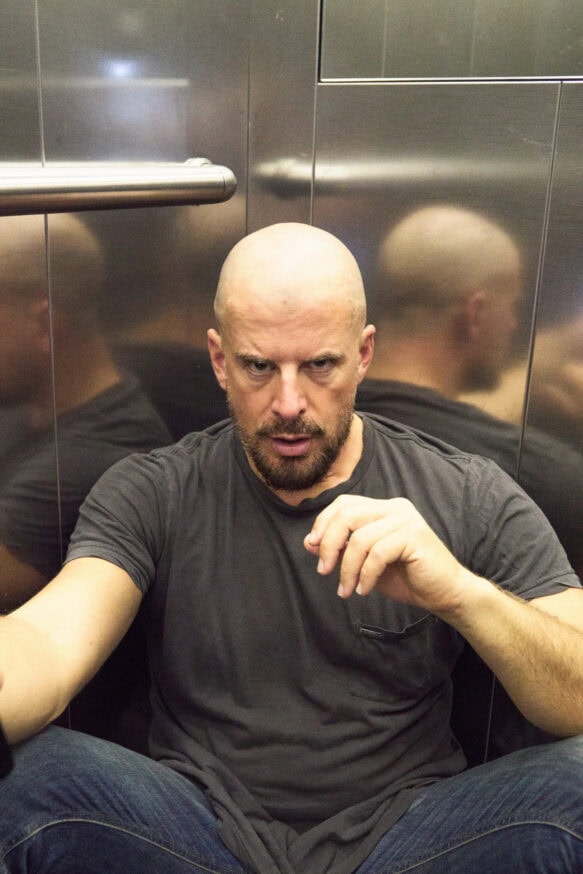
We are in a post truth era, where your truth is THE truth. We’ve seen institutions, existing infrastructures, and statutes tumble. Everything is up for grabs. Get it while you can. If it’s not too late already. In my new solo queer theatre-piece Smoke, I explore a lot of the above themes via a queer lens. After all, conspiracy theories have stepped out of the shadows and…come out. Conspiracy theorists are no longer…in the closet.
And gay men are still taking drugs. They are posting online, or uploading videos, or going live on Facebook, with what appear to be psychotic episodes. And gay men are still dying.
I often see posts about, often young gay men, announcing their parting from this world, with the lines ‘I hope he’s finally at peace’. Most of us queers know what this means; they either took their own life, or had a drugs overdose, or took their lives because of the drugs, or for reasons even more complicated, and painful than that. There is a queer shorthand. An unspoken, signalled, lexicon. Queers see, and we know. Or we make an assumption, correct or incorrect.
In Smoke, the starting point for the drama, is when my character, Alex, receives a new message on Insta from his boyfriend Ben. But Ben died two years ago. Alex’s life begins to unravel at this point.
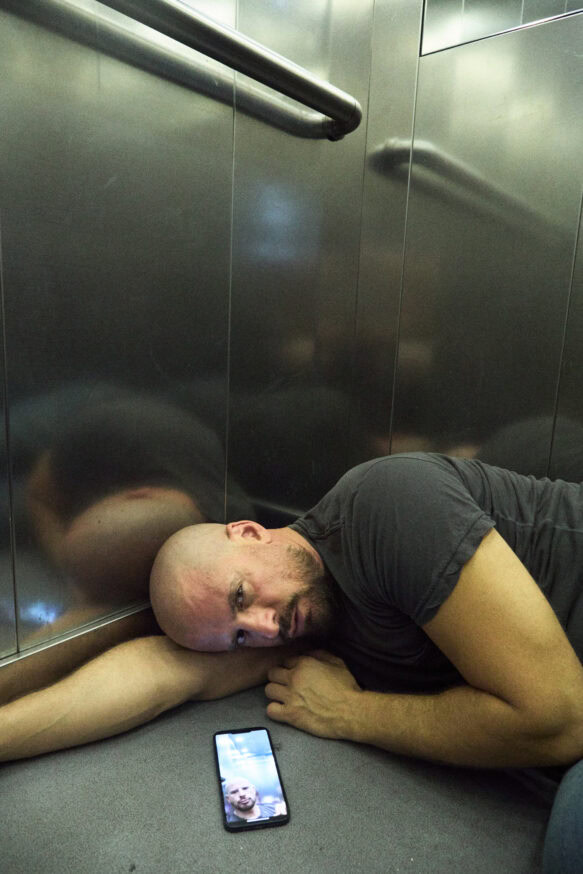
Smoke is social commentary meets social comedy (yes, comedy). Alex’s realities may, or may not, be different to yours and mine. In creating this play, I was struck by the number of gay men I saw with complete belief in alternative realties, and how this may also be drug induced.
Sometimes the person who is posting on their social media may even, mistakenly I believe, reference drugs; ‘I haven’t smoked any meth in four days so I know this is really happening’. I have then seen the same comment removed, when they feel they may have revealed too much.
I noticed a lot of crossovers with these gay men’s psychotic episodes and ‘classic’ conspiracy theory troupes; that we are being observed, mobile phone masts are killing us, that there are secret, and shadowy, networks and cabals bubbling away under the surface, controlling, and disempowering the average person on the street.
As queers, we are often on the outside, however much it may appear that that we have been assimilated into the mainstream. It takes more than Love Is Love bunting in Starbucks for one month over the summer (have you noticed how we’ve gone back to Pride Month, instead of Pride Season – cutbacks are REAL).
In Smoke, I explore the complexities of our lives, and what some of us face navigating, and eventually owning, queer legacies, of the personal, and collective variety. Smoke is about queer sensibility, and the queer psyche, and I wrap all of this up in the guise of a ‘queer thriller meets queer comedy’. Trust me, if I need to make these hard hitting themes funny, I’ll find a way. After all, isn’t laughter, rather than anything else, the best medicine.
Smoke runs from 2 – 11 November at King’s Head Theatre, 116 Upper Street, London N1 1QN, United Kingdom.
